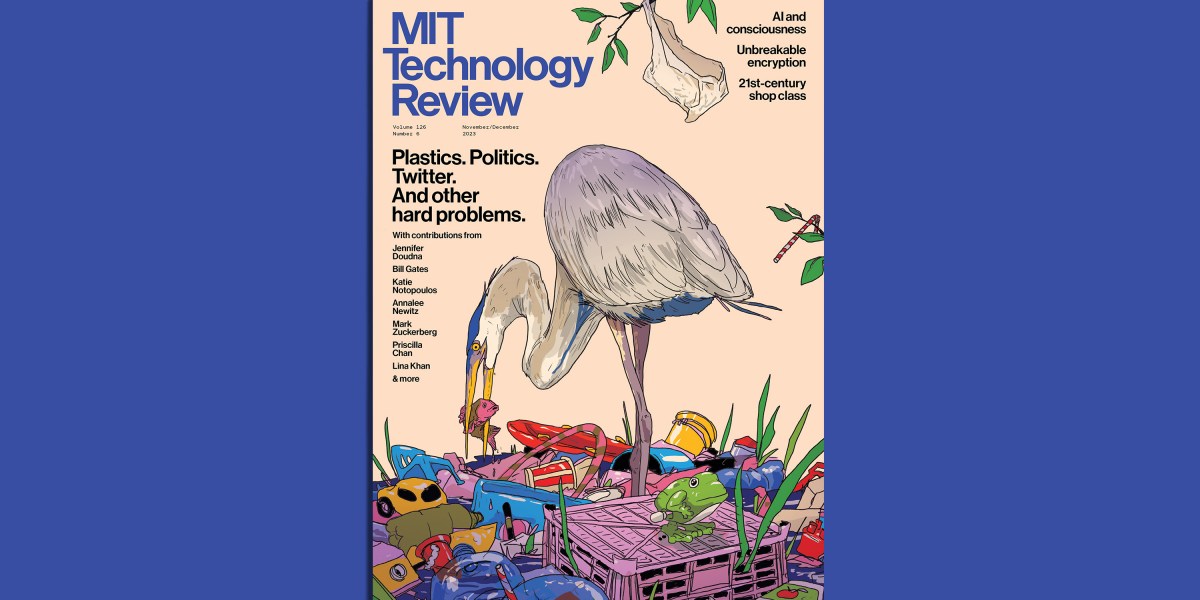
We have employed it to broadcast hateful rhetoric and divisive ideologies. We have fine-tuned our machines to kill each other in ever greater numbers and with ever more efficiency. It is our technology that took the carbon from out of the ground and put it in the sky. Our technology that poisoned the water and the air, that made deserts out of forests, and that wiped entire species off the planet.
Technology is an engine for problems, for solving them and for creating entirely new ones—and then we perversely turn to even newer technologies to try to solve those. In this issue, we step back from this cycle. We explore big questions and hard problems and ask: What role can—and should—technology play going forward?
Our cover is inspired by Douglas Main’s terrifying story on plastics. There’s an adage that says every piece of plastic ever made still exists. While that isn’t entirely true, as Main vividly describes, it is pretty darn close. We’re not reducing how much is made—precisely the opposite. Reuse is negligible. Recycling isn’t working. Meanwhile, plastic is absolutely everywhere, and in absolutely everything, including our own bodies. What are we going to do about it?
AI epitomizes the sometimes fraught relationship we have with technology. It has the potential to massively benefit society—and yet it could cause incalculable harm if we get it wrong. As its development races ahead, Grace Huckins has written a powerful, even poetic exploration of AI consciousness. What would it take, and what would it mean, for an AI to become conscious? How would we know? What would we owe it?
David W. Brown takes on the challenge of spacecraft design and the struggle to make smaller, cheaper missions that can still tell us meaningful new things about the solar system. If we are going to make the most of the resources we devote to space exploration, we’ll have to grapple with the hard limits of physics—and think hard about what we can, and want to, do.
Some of our hardest problems come down to human nature, and our capacity and sometimes outright desire for conflict. Social media and online communications are lousy with trolling, disinformation, harassment, and hate speech. Katie Notopoulos argues that the solution for much of this is to end our fixation with free services and move to smaller, distributed platforms that put more power in users’ hands.
One hard problem most of us have likely faced is the experience of interacting with government services online. A decade after the famously botched launch of Healthcare.gov, Tate Ryan-Mosley explores why it is still so hard for the government to get tech right. Her reporting takes us to New York City, which has had some manner of success—in part by going with the lowest tech possible.
And finally, we asked some of the smartest minds out there what they consider the biggest problems that aren’t getting enough attention right now. You’ll find their responses, and many more online at techreview.com/hardproblems.

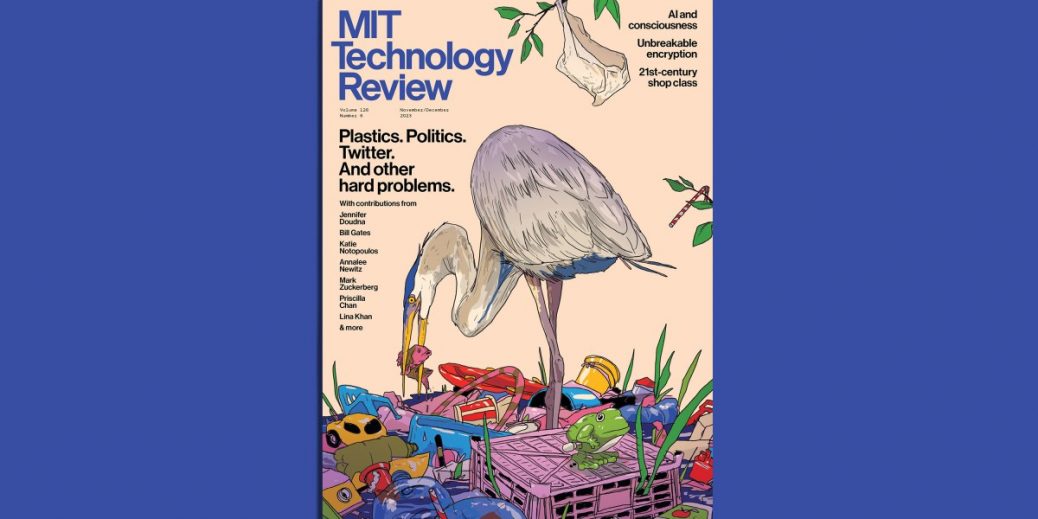
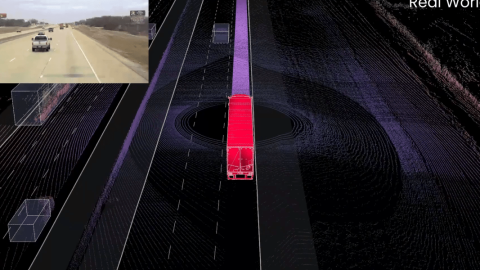

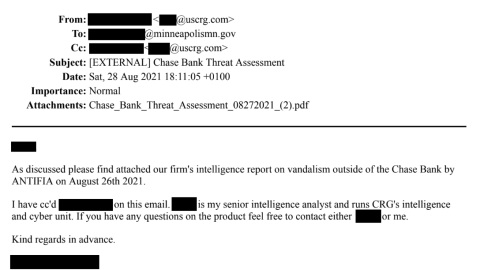
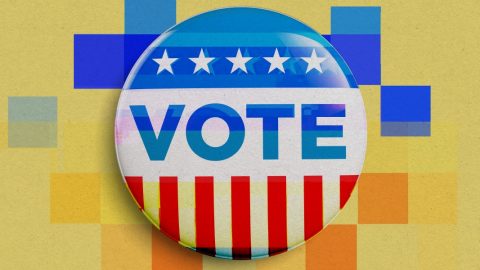
Recent Comments